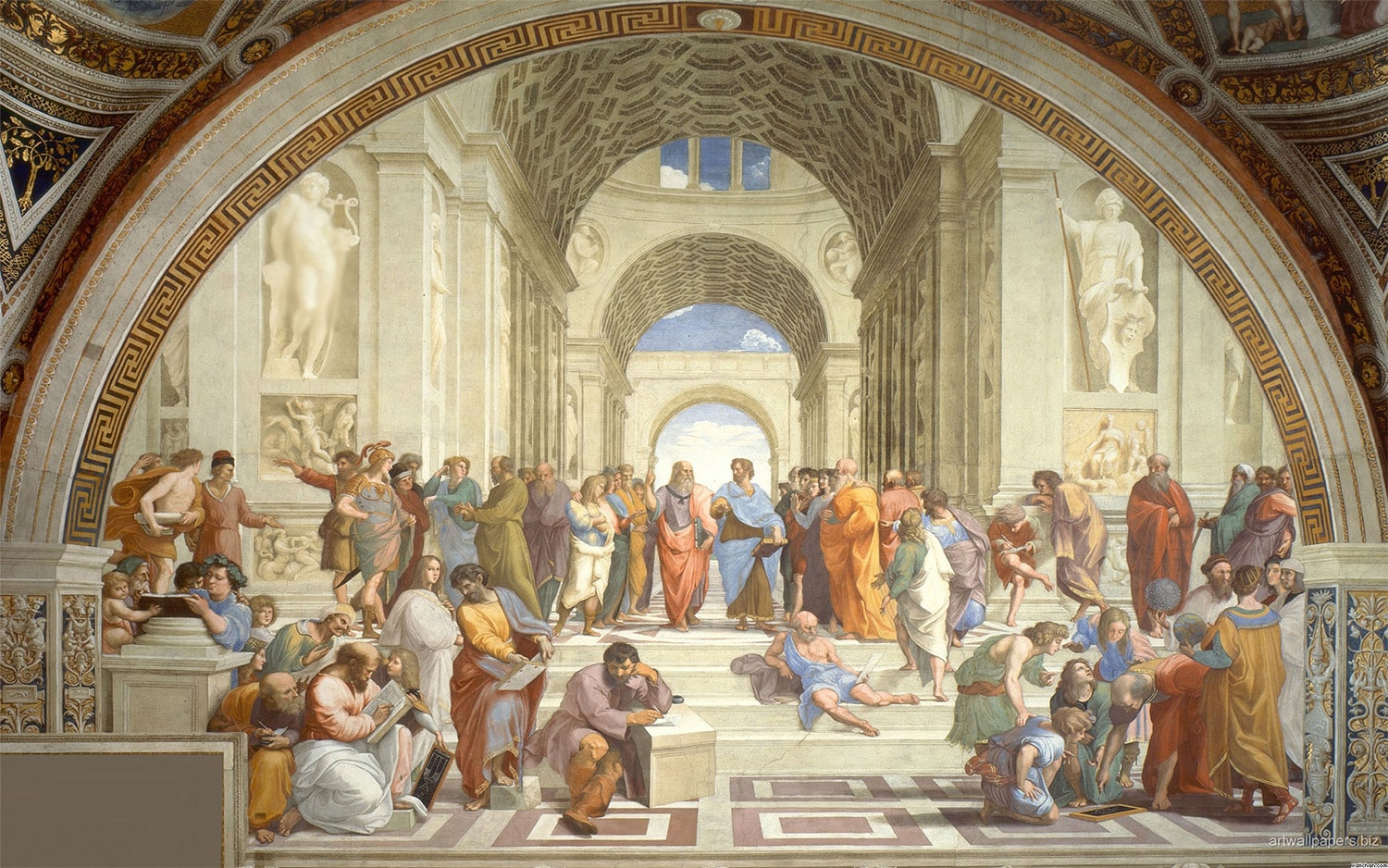
25 interesting facts about Hellenistic Period
- 👁️ 292
The Hellenistic Period, spanning from the death of Alexander the Great in 323 BC to the establishment of the Roman Empire in 31 BC, was a time of immense cultural, political, and scientific transformation across the Mediterranean and Near East. This era is characterized by the spread of Greek culture beyond the traditional Greek heartland, into Egypt, the Near East, and areas now within modern-day Turkey, Iran, and India. The blending of cultures facilitated by Alexander’s conquests led to significant developments in art, science, and philosophy, influenced by interactions among Greek, Egyptian, Persian, and Indian cultures. Cities like Alexandria became centers of learning and culture, hosting wonders of the world and advancements in various fields. This list uncovers twenty-five fascinating facts about the Hellenistic Period, highlighting its contributions to world history and culture.
- The Hellenistic Period began with the death of Alexander the Great in 323 BC.
- It is marked by the division of Alexander’s empire among his generals, known as the Diadochi.
- Alexandria, founded by Alexander in Egypt, became the cultural and scientific hub of the Hellenistic world.
- The era saw the emergence of new art forms that emphasized realism and emotional expression.
- Hellenistic science made significant advances, especially in astronomy, mathematics, and geography.
- The famous Library of Alexandria aimed to collect all of the world’s knowledge.
- The Hellenistic Period experienced the spread of the Koine Greek language, facilitating communication across diverse regions.
- Hellenistic rulers often adopted practices and policies to blend different cultures together, promoting a cosmopolitan society.
- The era witnessed the rise of powerful new kingdoms, such as the Ptolemaic Kingdom in Egypt and the Seleucid Empire in the Near East.
- Stoicism and Epicureanism, two major philosophical schools, were founded during the Hellenistic Period.
- The Colossus of Rhodes, one of the Seven Wonders of the Ancient World, was built in this period.
- Euclid, Archimedes, and Eratosthenes made groundbreaking contributions to mathematics and science.
- The Hellenistic Period saw the expansion of trade networks that connected the Mediterranean with the distant East.
- The era was characterized by the growth of cities as centers of culture, administration, and economic activity.
- The concept of monarchy in the Hellenistic world often included elements of divine kingship.
- The spread of Hellenistic culture influenced Jewish society and led to the translation of the Hebrew Bible into Greek, known as the Septuagint.
- Hellenistic architecture is known for its grandeur and the introduction of new styles, including the use of the Corinthian order.
- The period saw advancements in military technology and tactics, including the use of war elephants.
- Hellenistic astrology combined Babylonian and Egyptian traditions, laying the groundwork for later Western astrology.
- The Great Altar of Pergamon, with its monumental frieze, is a masterwork of Hellenistic art.
- The Hellenistic Period experienced a flourishing of literature, including the pastoral poetry of Theocritus.
- Hellenistic kingdoms in Asia and Africa facilitated the exchange of goods and ideas along the Silk Road.
- The fusion of cultures led to religious syncretism, blending Greek gods with local deities.
- The era ended with the Roman conquest of Egypt in 31 BC, marking the rise of Roman dominance in the Mediterranean.
- Despite its end, the Hellenistic influence persisted through the Roman Empire and beyond, affecting European and Middle Eastern cultures for centuries.
In conclusion, the Hellenistic Period was a time of great innovation and cultural fusion. It left a lasting impact on art, science, philosophy, and politics, shaping the course of Western civilization. The legacy of this era demonstrates the enduring power of cultural exchange and the human capacity for creativity in the face of vast political changes. Through the spread of Hellenistic culture, the world witnessed the blend of ideas and traditions that continue to influence us today.
The Hellenistic Period, spanning from the death of Alexander the Great in 323 BC to the establishment of the Roman Empire in 31 BC, was a time of immense cultural, political, and scientific transformation across the Mediterranean and Near East. This era is characterized by the spread of Greek culture…